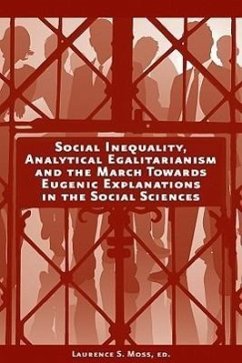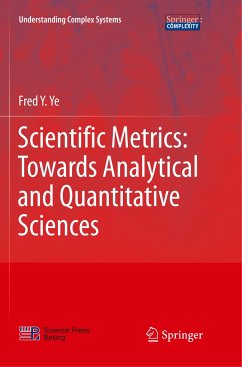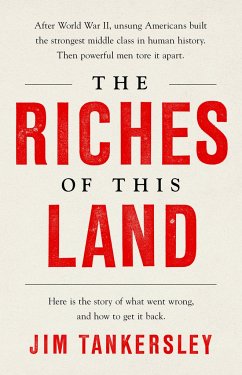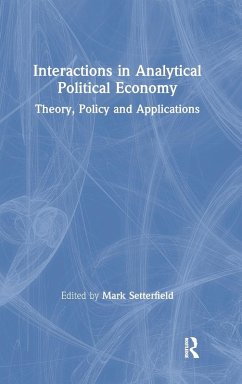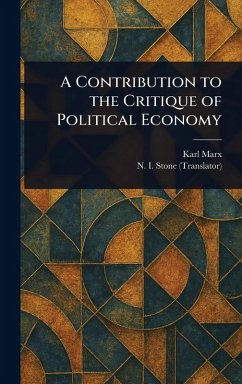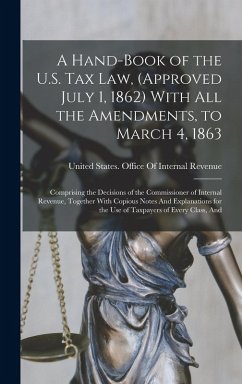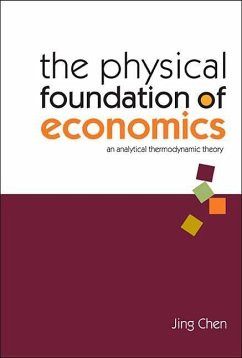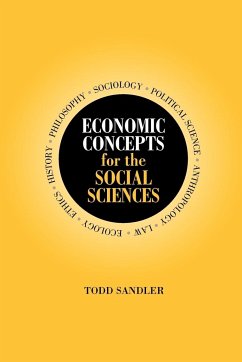Nicht lieferbar
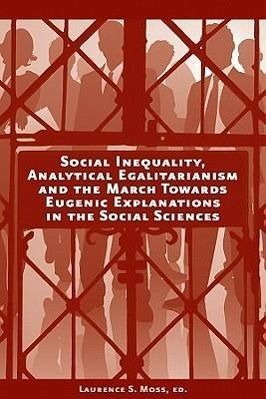
Social Inequality, Analytical Egalitarianism, and the March Towards Eugenic Explanations in the Social Sciences
Versandkostenfrei!
Nicht lieferbar
Among contemporary social scientists and especially those holding academic appointments, it is rare to find any advocates of eugenics. The implementation of the Nazi eugenic program against Jewish population and other 'undesirable' groups in Germany, Poland, and later occupied territories, has discredited eugenic programs. The United Nations was created at the end of the World War II to help eliminate eugenic recipes and ethnic cleansing programs. Its major tools in this war against ethnic cleansing are naming the offending government and shaming that government until they stop their ethnic cl...
Among contemporary social scientists and especially those holding academic appointments, it is rare to find any advocates of eugenics. The implementation of the Nazi eugenic program against Jewish population and other 'undesirable' groups in Germany, Poland, and later occupied territories, has discredited eugenic programs. The United Nations was created at the end of the World War II to help eliminate eugenic recipes and ethnic cleansing programs. Its major tools in this war against ethnic cleansing are naming the offending government and shaming that government until they stop their ethnic cleaning programs. Professors Sandra J. Peart and David M. Levy created something of a sensation among historians when they published The 'Vanity of the Philosopher' From Equality to Hierarchy in Post-classical Economics. Peart and Levy helped break the conspiracy of silence centered about this disturbing use of social scientific ideas in economic policy making. Peart and Levy focused on the transition in the mid-19th century from classical school economics to post-classical or what is often called 'neoclassical' economics. They explain the importance of 'analytic egalitarianism' in economics and the sad consequences of moving away from this approach. This book gathers together several essays by historians of economics who express varying reactions to the Peart-Levy thesis. Essays by Charles R. McCann and Andrew Farrant are supportive of the Peart-Levy thesis. J. Daniel Hammond demonstrates how a evangelical Christians carried forward ideas about natural equality in the 19th century. More critical reactions to the Peart-Levy thesis are included in papers by Kevin D. Hoover and Joseph Persky. In a short essay, 'Thinking About Analytical Egalitarianism, ' Peart and Levy offer a reaction to their critics. This book ends with an important monograph by Professor Terenzio Maccabelli. At the end of the 19th century, a number of writers tried to put racism on a scientific basis. Their thoughts and methods actually made their way into the more orthodox journal literature. Racial and eugenic arguments were used to explain and account for economic inequality. A scholarly index is included.




